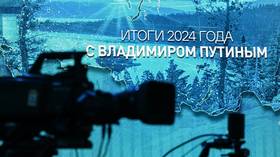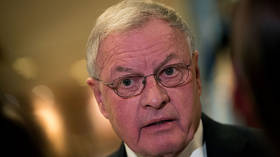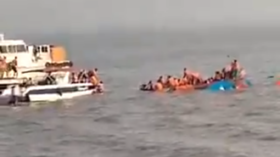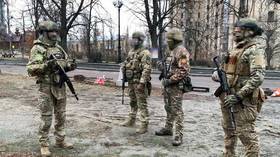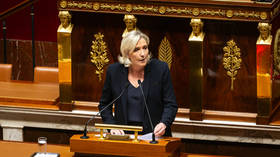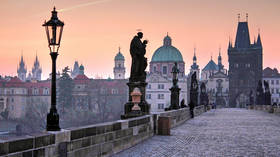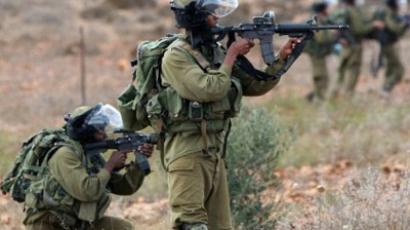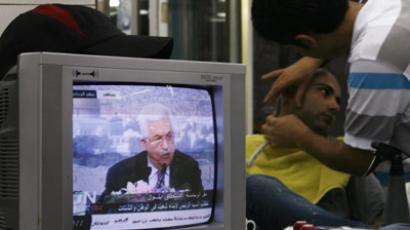Palestinians thirsting for change as Quartet to meet
The Palestinians say Israel is wrecking prospects for a two-state solution by "deliberately waging illegal and destructive" settlement action. Their protest letter to the UN Security Council comes just ahead of a Quartet meeting in Washington.
Palestinian UN observer Riyad Mansour sent the letter just two days before the Mideast Quartet mediators – the US, UN, European Union and Russia – are due to meet in Washington to discuss the long-stalled peace process. Israel "continues its systematic destruction of the two-state solution with its continuing illegal settlement campaign," Mansour wrote. He accused the settlement campaign of "being deliberately waged in an attempt to seize more Palestinian land and entrench… control over the Palestinian territory." Palestinians appeal to the international community and especially to the Security Council "to condemn Israel's illegal settlement activities" and take urgent measures to pressure Israel to immediately halt new construction.Israeli-Palestinian talks remain frozen over Palestinian demands that Israel stop building on lands they claim. They agree to negotiate borders based on the lands Israel held before capturing the West Bank, Gaza and east Jerusalem in 1967. Israel rejects these conditions and defies international pressure to freeze settlement construction.
The Quartet Effort
The Quartet's top representatives – US Secretary of State Hillary Clinton, UN Secretary General Ban Ki-moon, European Union foreign policy chief Catherine Ashton and Russian Foreign Minister Sergey Lavrov – will discuss the latest Mideast situation at Blair House in Washington on Wednesday morning on the sidelines of a G8 conference.The Quartet has called for a resumption of Israeli-Palestinian negotiations with the goal of a peace agreement by the end of 2012. Prior to the meeting on Wednesday, Lavrov expressed hope that the standstill in the Palestinian-Israeli negotiations will be overcome, and called on the Quartet members to intensify their efforts."The Quartet should be wiser in the settlement of the Palestinian-Israeli question," the minister said. "It is most important to prevent the Arab Spring's overshadowing of the Palestinian problem. Hopefully, the upcoming ministerial meeting of the Quartet will find solutions, which will resume the negotiating process."
'They will knock on my door and say this house is ours'
"Overshadowing", however, is exactly what the Arab Spring is doing to the Palestinian problem. While the world's attention is directed elsewhere, Israelis have claimed more and more land for new settlements, Palestinians say.RT's Paula Slier talked to residents of Nabi Salih village, where the Tamimi tribe has lived for some 400 years. Nearly three decades ago, an Israeli settlement sprung up next door and slowly starting encroaching on the village’s land. Today a third of what used to be Tamimi land is controlled by settlers. "It's very frustrating to see the settlement on land that is ours and which we can no longer access," Bashir Tamimi, head of the village council, told RT. "It's part of a plan and I'm afraid that the day will come when they will knock on my door and say this house, it's not yours, it's ours."Another pressing issue for Palestinians is access to much-needed fresh water. A UN report says settlers have taken over dozens of natural water springs in the West Bank, limiting Palestinians’ access to some of them to as little as ten hours a day. Israel denies all allegations of blocking access to water, with the Israeli Regional Council insisting all it does is development, restoration and preservation of natural and heritage sites.


